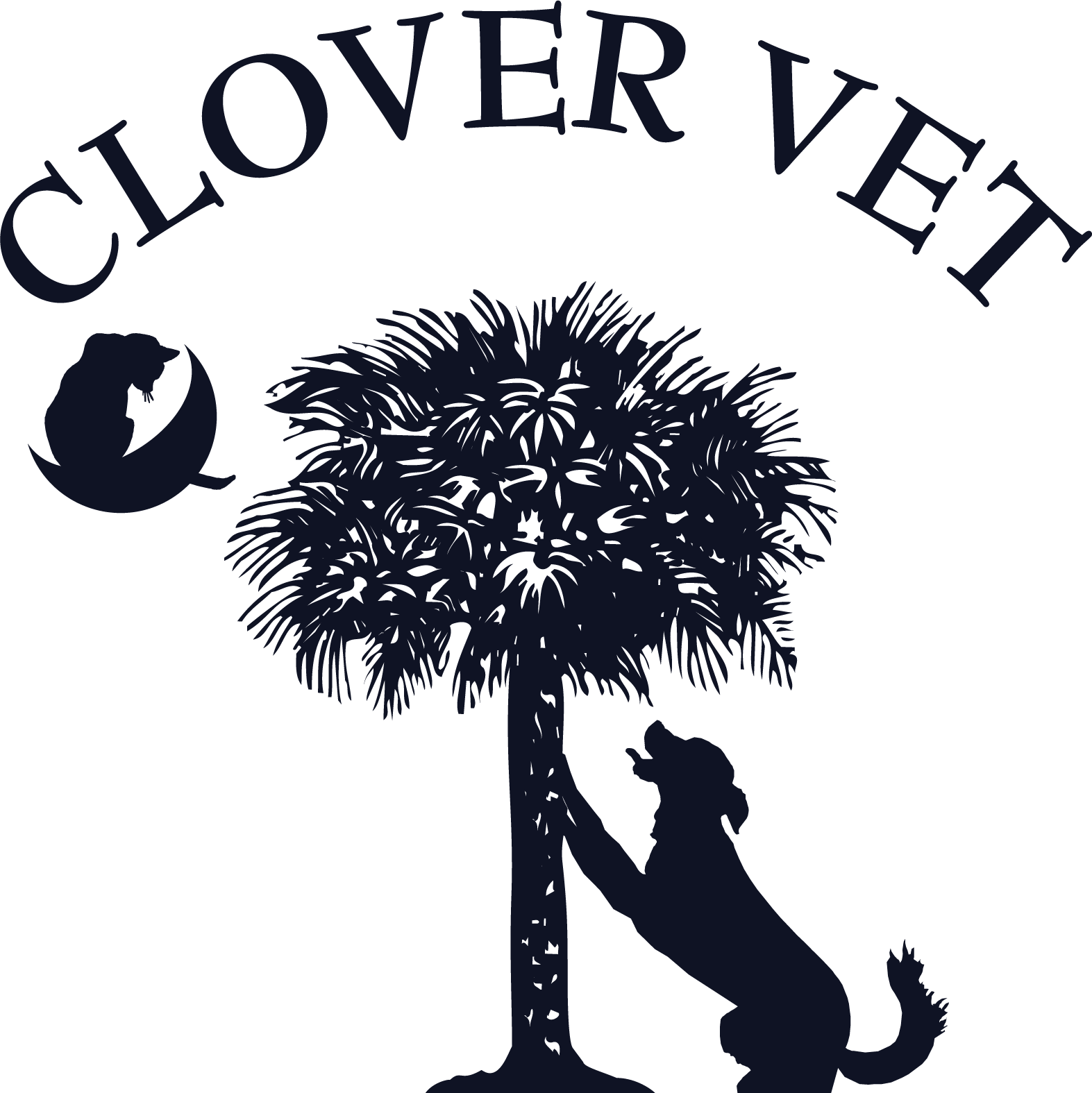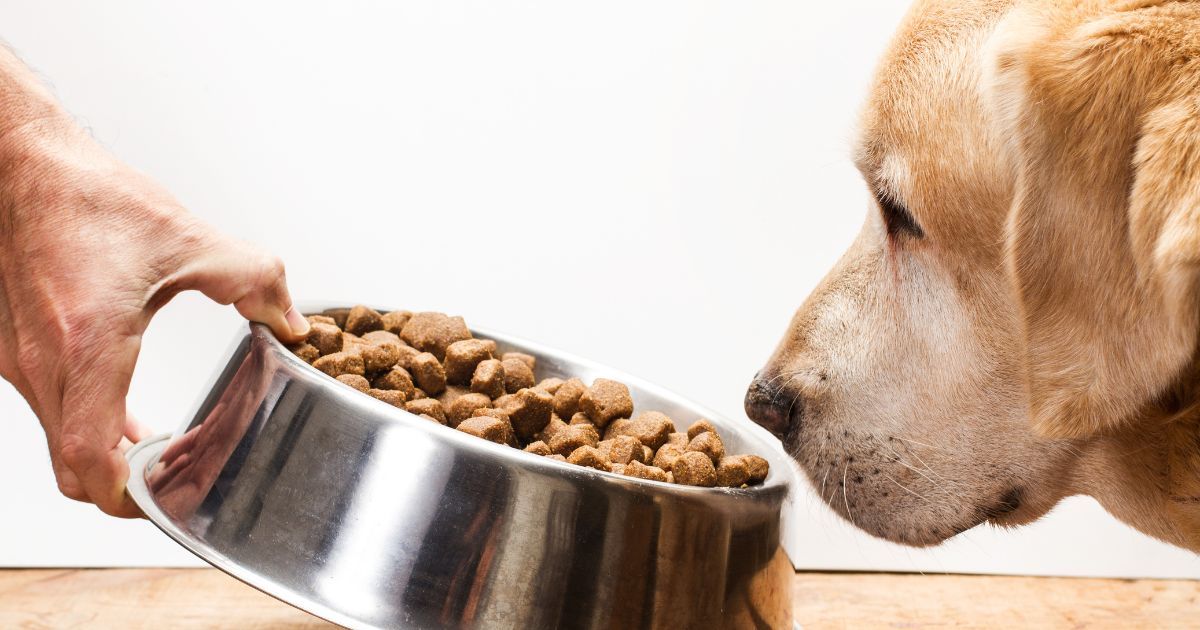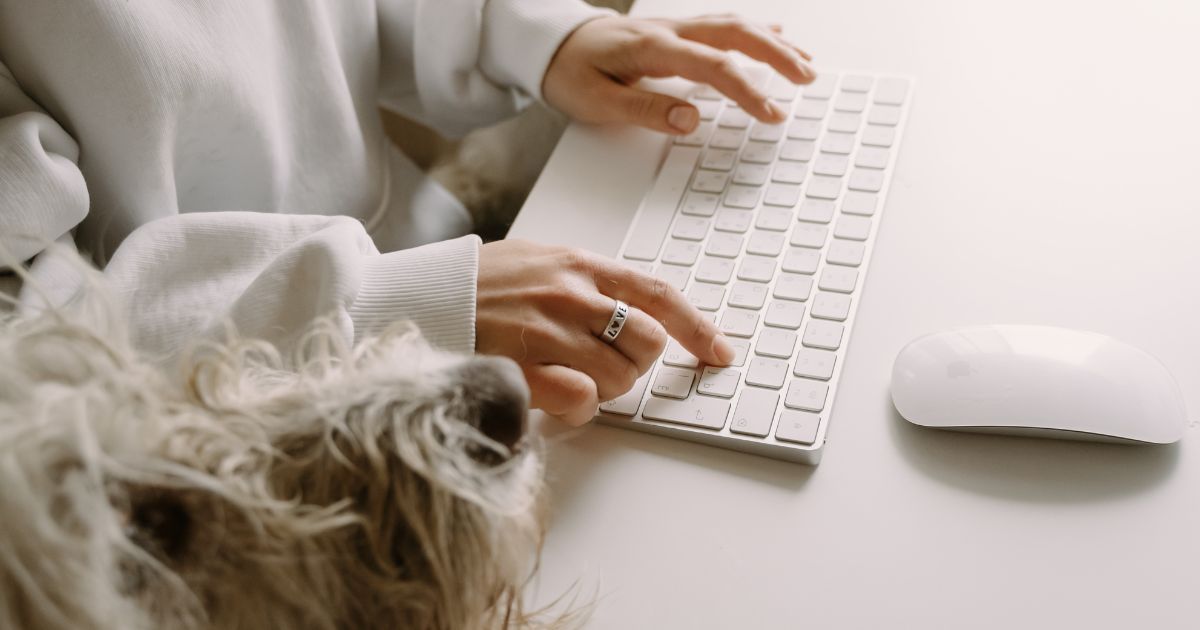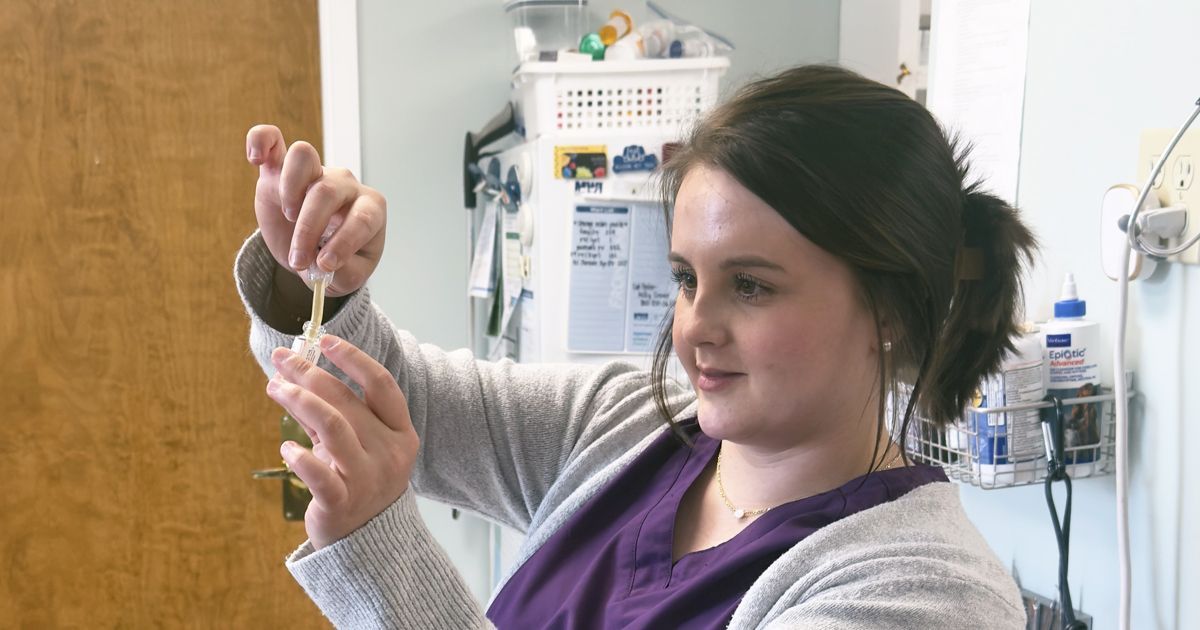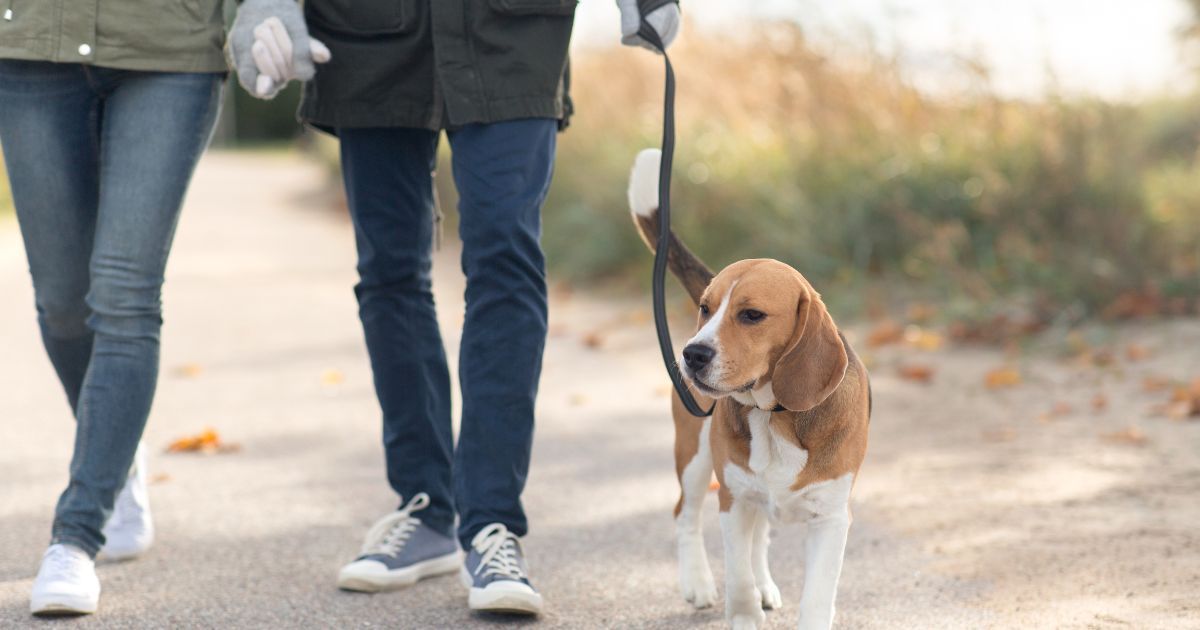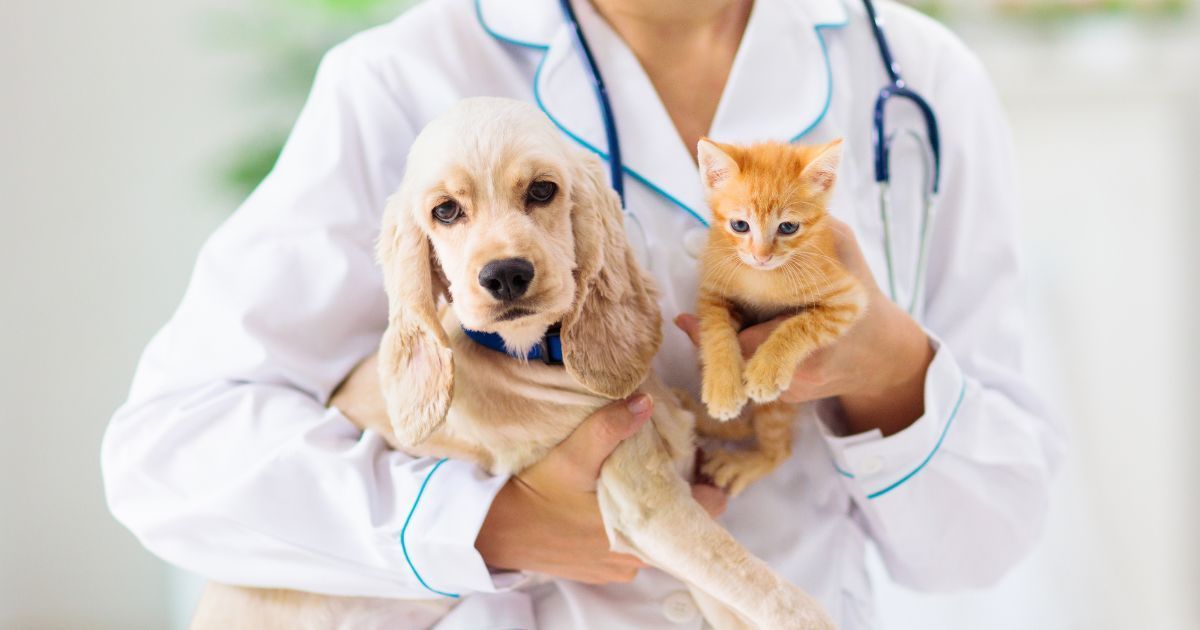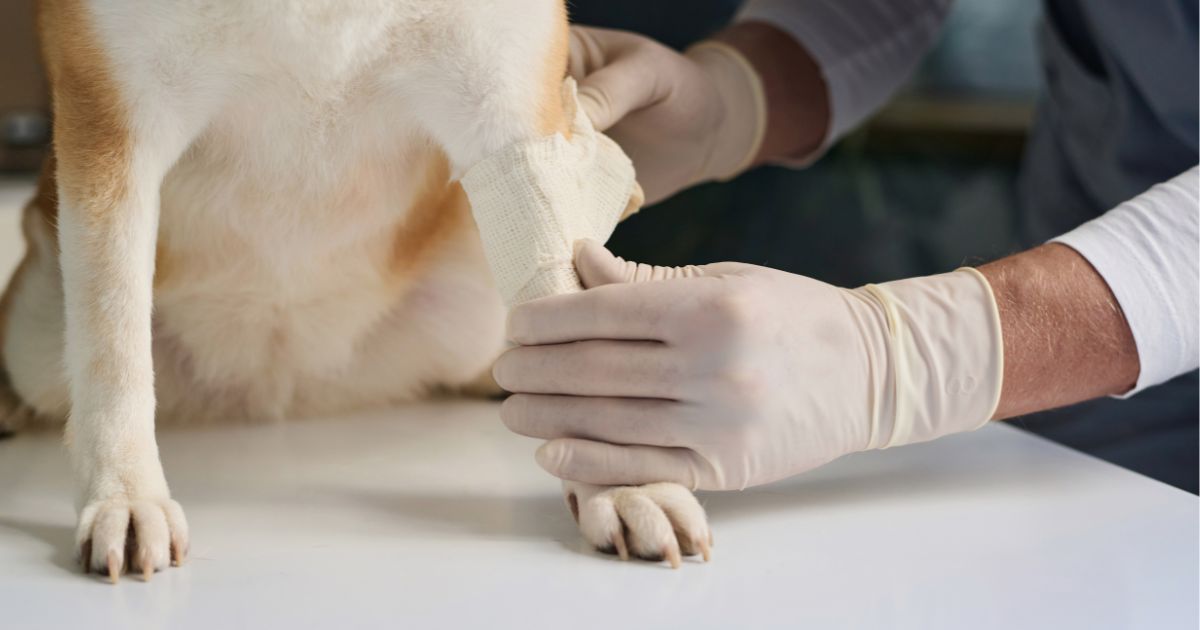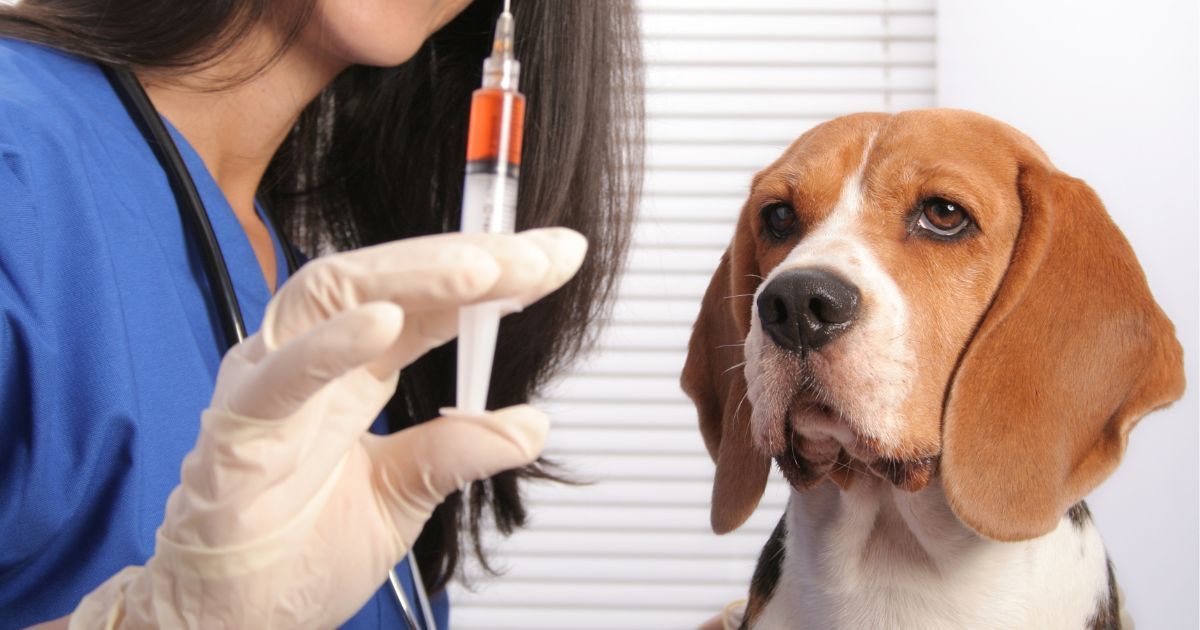Obesity in Pets: Causes, Risks, and How to Help Your Pet Lose Weight
Obesity in Pets: Causes, Risks, and How to Help Your Pet Lose Weight
Obesity is one of the most common and preventable health issues seen in pets today. As veterinary professionals, we know that carrying excess weight can significantly impact your pet’s quality of life, leading to serious health problems and a shorter lifespan. Understanding the causes, risks, and ways to manage obesity can help you keep your furry friend healthy and happy.
Causes of Obesity in Pets
- Overfeeding Feeding pets more calories than they need is one of the primary causes of obesity. Treats, table scraps, and free-feeding throughout the day can quickly add up.
- Lack of Exercise Pets that do not get regular physical activity are at higher risk of gaining weight. Indoor cats and dogs with sedentary lifestyles are particularly vulnerable.
- Breed and Genetics Certain breeds are more predisposed to obesity. Labrador Retrievers, Beagles, Dachshunds, and some domestic cat breeds often have a genetic tendency to gain weight.
- Age As pets age, their metabolism slows down, and they may become less active,making weight gain more likely.
- Underlying Medical Conditions Health issues like hypothyroidism, Cushing's disease, and some medications can contribute to weight gain in pets.
Risks of Obesity in Pets
Obesity is not just a cosmetic issue; it can lead to numerous health problems, including:
- Diabetes mellitus
- Heart disease
- Arthritis and joint pain
- Respiratory issues
- Reduced lifespan
At Clover Vet, we see firsthand how excess weight can exacerbate existing conditions and complicate treatments, emphasizing the importance of early intervention.
How to Help Your Pet Lose Weight
- Schedule a Veterinary Check-Up Before starting a weight loss program, consult with us. We can rule out underlying health problems and help you set a safe and realistic weight loss plan tailored specifically to your pet’s needs.
- Measure Food Portions We recommend using a measuring cup to ensure you're feeding the correct amount based on your pet’s ideal weight, not their current weight. Avoid "eyeballing" portions, as this can easily lead to overfeeding. Feed according to the guidelines on the back of the dog food bag! Every diet has different calories per cup, so it is best to follow the recommended amount based on your pet's ideal weight.
- Choose a Balanced Diet Specialized weight management diets are available that are lower in calories while still providing complete nutrition. We can help recommend the best diet for your pet. At Clover Vet, we recommend Purina, Hills Science Diet, and Royal Canin! Majority of the staff feed Purina to their pets! These diets are balanced and meet AAFCO (Association of American Feed Control Officals) standards.
- Limit Treats Treats should make up no more than 10% of your pet’s daily calorie intake. We can suggest healthier treat alternatives that your pet will love without contributing to weight gain.
- Increase Exercise Daily walks, playtime, interactive toys, and other activities suited to your pet's age and fitness level can help burn calories and keep your pet mentally stimulated.
- Monitor Progress Regular weigh-ins at home or during veterinary visits can help track your pet’s progress. We are here to guide and adjust the plan as needed to ensure steady and healthy weight loss.
Helping your pet maintain a healthy weight is one of the best ways to ensure they live a long, vibrant life. At Clover Vet, we are committed to partnering with you in this journey. By understanding the causes and risks of obesity and taking proactive steps, you can make a significant difference in your pet’s health and happiness. If you’re concerned about your pet’s weight, don't hesitate to schedule a consultation with us. We're here to support you and your pet every step of the way!
